There has been widespread criticism of the fact that Attorney-General Christian Porter has been AWOL in the Government’s response to numerous allegations of sexual assault by its staff. To understand why that matters, you need to know what his role is responsible for. So, what does the Attorney General actually do in Australia? Is it a powerful position?
Here’s what you need to know about the role and Christian Porter’s performance in it.
UPDATE: Christian Porter has revealed in a press conference that he is the Minister accused of raping a 16-year-old in 1988 (when he himself was 17). He denies the allegations and says they are completely false; NSW Police cannot continue their investigation as alleged victim took her own life months after reporting the allegation in 2020. Porter says he will not stand down from his role as Attorney-General, although will take a short period of leave for his mental health.
What does the Attorney-General do?
Think of the Attorney-General as the chief legal adviser to the Cabinet and Government. They are responsible for all legal affairs. That includes any policies relating to the judicial system; recommending judges to be appointed at both federal- and state-level courts; the AG’s Department also represents the Government in national or international legal cases. For this reason, the Attorney-General is usually a former lawyer.
As the Attorney-General is an elected representative, they often also hold a Cabinet Ministry. Current AG Christian Porter is also the Minister for Industrial Relations.
Is this a powerful role?
The Attorney-General does have substantial power, in the same way that any politician responsible for a department has power. They shape what the judicial system looks like and how it works in practical terms. For example, the government recently merged the Family Court of Australia – which handled child custody and domestic violence disputes – with the general Federal Circuit Court. This decision and its implementation is handled by the Attorney-General’s Department.
Having the power to recommend judges could also be seen as a way that the Attorney-General shapes the court system in a way that directly impacts everyday Australians.
However, the AG role isn’t so powerful that they can make changes to the courts or legislation on their own – they still need the support of other MPs and government functions, as all politicians do. As a very senior role, they may be able to attract more support than others, but this still comes down to the influence of the individual in the role and their relationships with MPs in all parties.
Related Posts
How does this relate to the sexual assault allegations?
The Government is now involved in five separate police investigations into sexual assault (four into the man who allegedly assaulted Higgins, one into the alledged 1988 rape of a 16-year-old girl by a current serving Minister). Rachelle Miller – the former Liberal staffer who revealed the toxic culture to ABC’s Four Corners in November 2020 – is also bringing a workplace bullying lawsuit against Education Minister Alan Tudge and Employment Minister Michaelia Cash.
But critics point out that Attorney-General Christian Porter hasn’t been involved in the Government’s response to any of these stories. He is responsible for providing legal advice to the Cabinet, and yet he has not made any public statements about significant allegations that could see the Government in court.
Ed note: As we now know, the criticism of Porter goes beyond what this article originally explained. Now the question is about whether a man who has been accused of a serious crime should have power to shape Australia’s legal and judicial systems. Having now been accused himself, is there a risk that he will create policies even more sympathetic to others similarly accused?
Why is Christian Porter absent from the commentary?
While the Prime Minister, Deputy PM Michael McCormack and seven other Cabinet Ministers have given public statements about the sexual assault allegations, but Attorney-General Porter has not.
Critics suggest that this is because Porter has already faced allegations of inappropriate conduct, including making unwanted sexual advances to Liberal staffers. Alongside Education Minister Alan Tudge, Porter was a focus of the Four Corner’s investigation into the toxic culture for women at the LNP. After the report was broadcast, Porter said he would consider suing for defamation – although this has not yet happened.
Given this history, it’s likely the Government knows it would look bad for Porter (or Tudge, for that matter) to comment on sexual assault and harassment allegations – even though commenting on legal matters should be part of an Attorney-General’s role.
The official statement is that Porter is tied up with engagements in WA, where the Liberals are facing an unwinnable state election on March 13. Porter’s electorate is Pearce, an urban-regional seat in Perth.
Ed note: Similar to the above note, we now know why he has not commented on any of the sexual assault allegations plaguing the Coalition. He himself is at the centre of the issue.


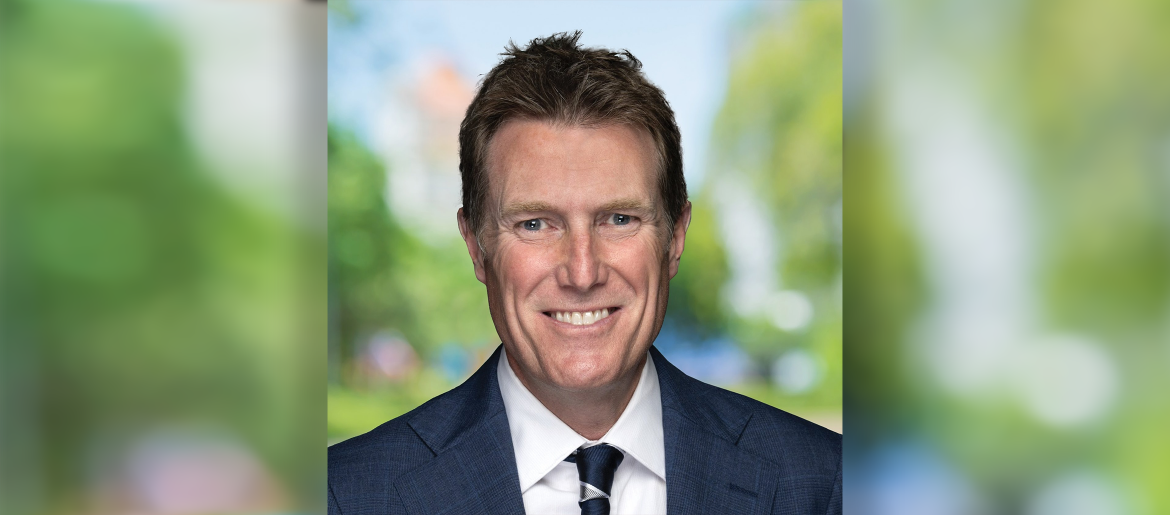
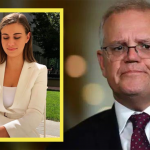

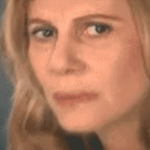
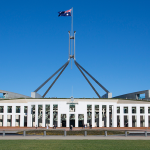

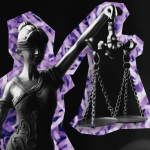
Comments are closed.